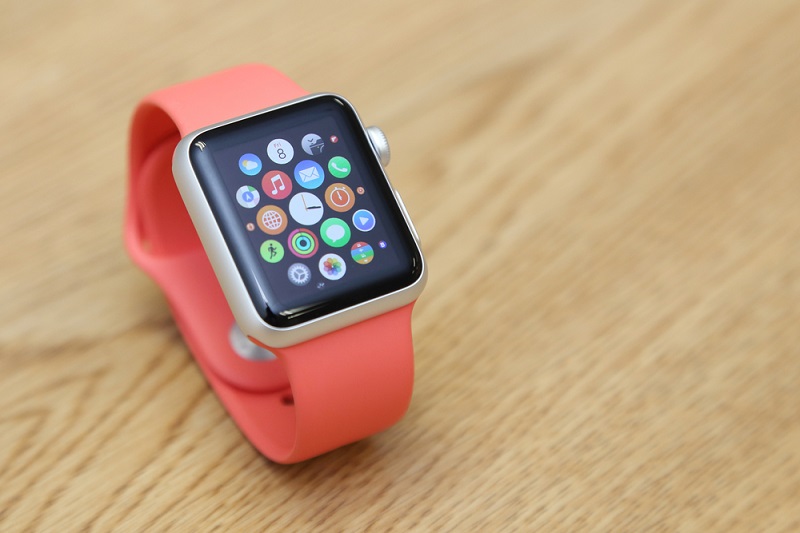
Man Says Apple Watch App Helped Detect Blood Clot, Saved His Life

Get the world’s most fascinating discoveries delivered straight to your inbox.
You are now subscribed
Your newsletter sign-up was successful
Want to add more newsletters?

Delivered Daily
Daily Newsletter
Sign up for the latest discoveries, groundbreaking research and fascinating breakthroughs that impact you and the wider world direct to your inbox.

Once a week
Life's Little Mysteries
Feed your curiosity with an exclusive mystery every week, solved with science and delivered direct to your inbox before it's seen anywhere else.

Once a week
How It Works
Sign up to our free science & technology newsletter for your weekly fix of fascinating articles, quick quizzes, amazing images, and more

Delivered daily
Space.com Newsletter
Breaking space news, the latest updates on rocket launches, skywatching events and more!

Once a month
Watch This Space
Sign up to our monthly entertainment newsletter to keep up with all our coverage of the latest sci-fi and space movies, tv shows, games and books.

Once a week
Night Sky This Week
Discover this week's must-see night sky events, moon phases, and stunning astrophotos. Sign up for our skywatching newsletter and explore the universe with us!
Join the club
Get full access to premium articles, exclusive features and a growing list of member rewards.
A New York man is crediting an Apple Watch app with saving his life, after the app helped him detect signs of a life-threatening blood clot.
Last Friday (Oct. 13), James Green who lives in Brooklyn, tweeted: "Never thought a stupid lil wrist computer I bought two years ago would save my life. Saw my heart rate go up, ended up being a pulmonary embolism," or a blood clot in the lungs.
"That along with other symptoms I was having was enough data I needed to act on it, and realize it wasn't a panic attack (since I have severe generalized anxiety), that it was something more," Green told the Telegraph.
At the hospital, a CT scan showed Green had a blood clot in his lung, and he was placed on blood thinners. His doctor said the clot could have been fatal if Green had waited longer to get medical attention, the Telegraph said. Green said he was interested in data on his heart because he previously experienced pulmonary embolism (prior to this most recent one).
A rapid or irregular heartbeat can be a sign of a pulmonary embolism, according to the Mayo Clinic. The blockage caused by the clots can cause the heart to start working harder to pump blood through vessels, and this can also lead to an increase in blood pressure inside the lungs, the Mayo Clinic says.
Green isn't the first person to credit a smartwatch or fitness tracker with saving his life. In September 2015, a high-school senior said his Apple Watch saved his life, after the device showed he had a heart rate of 145 beats per minute. An exam revealed that he had rhabdomyolysis, a condition in which muscles release a protein that damages the kidneys and other organs.
And in April, a 73-year-old woman from Connecticut said that she called 911 after her Fitbit showed a spike in her heart rate. Tests at the hospital showed she had a pulmonary embolism.
Get the world’s most fascinating discoveries delivered straight to your inbox.
Experts say that, because some fitness trackers and smartwatches include heart rate monitors, the devices can potentially alert people to certain health problems that cause changes in heart rate. But it's important to note that many of these devices are not approved medical devices, so they cannot be used to diagnose cardiovascular conditions.
Original article on Live Science.

Rachael is a Live Science contributor, and was a former channel editor and senior writer for Live Science between 2010 and 2022. She has a master's degree in journalism from New York University's Science, Health and Environmental Reporting Program. She also holds a B.S. in molecular biology and an M.S. in biology from the University of California, San Diego. Her work has appeared in Scienceline, The Washington Post and Scientific American.
 Live Science Plus
Live Science Plus










